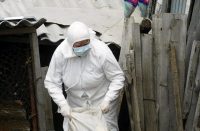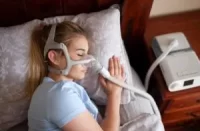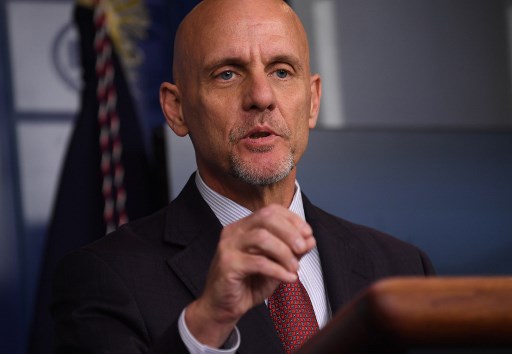
WASHINGTON, United States (AFP) — The head of the US Food and Drug Administration raised the possibility in an interview published Sunday that a future vaccine against the coronavirus might be given emergency approval before the end of trials designed to ensure its safety and effectiveness.
A request for such extraordinary approval would have to come from the vaccine developer, Stephen Hahn told the Financial Times.
“If they do that before the end of Phase Three,” which involves large-scale human testing, “we may find that appropriate. We may find that inappropriate, we will make a determination.”
But Hahn insisted he was not acting under pressure from President Donald Trump, who has been pushing hard for a vaccine, saying one might be ready before US elections November 3.
“This is going to be a science, medicine, data decision,” Hahn said. “This is not going to be a political decision.”
Three Western drugs makers are well along with their Phase 3 clinical trials, involving tens of thousands of participants.
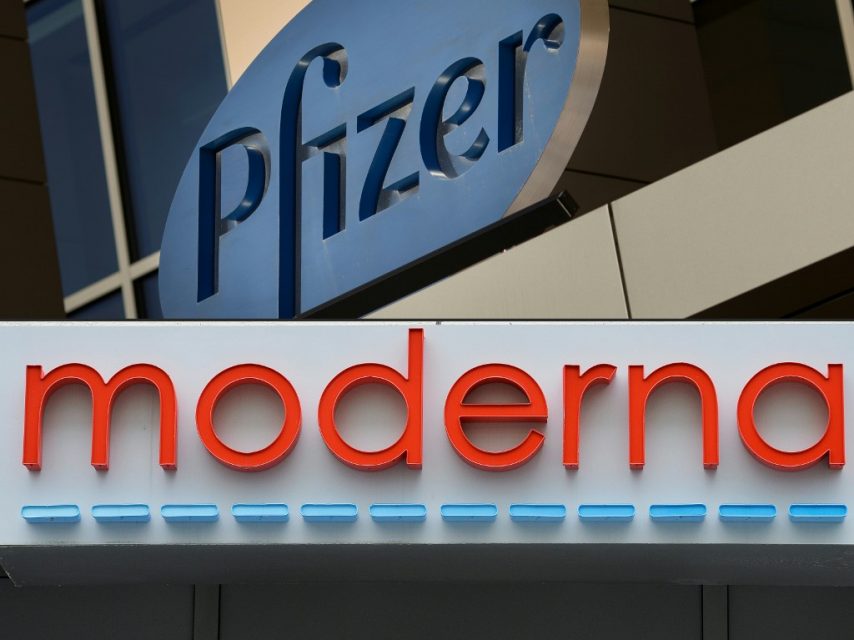
The three are AstraZeneca, which is partnering with Oxford University in England; Moderna, collaborating with the US National Institutes of Health, and the Pfizer/BioNTech alliance.
By the nature of the trials it is difficult to predict when reliable results will emerge.
Half of the participants in such trials receive an experimental vaccine, while the other half are given a placebo.
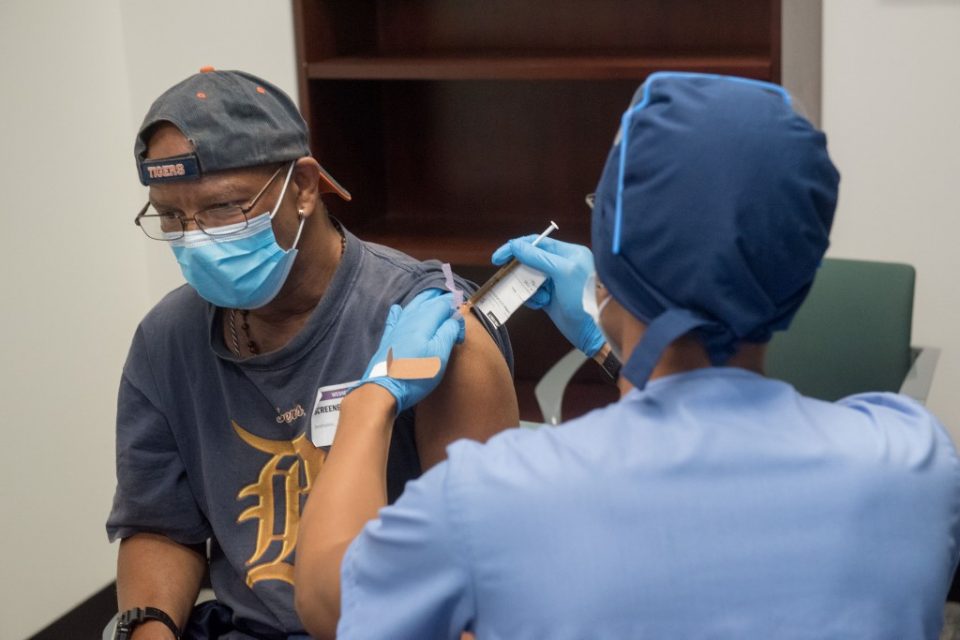
Under normal procedures, test administrators must wait — probably for months — to see whether there is a statistically significant difference in the infection rate of the two groups.
As the world desperately awaits an effective vaccine against the deadly virus, China and Russia have already approved vaccines without waiting for the conclusion of trials — drawing criticism from public health officials in other countries, including the US.
Hahn also said that an emergency authorization would not necessarily cover everyone — it might be granted for specific, high-risk groups.
“Our emergency use authorization is not the same as a full approval,” he said.
Hahn has faced mounting criticism from the medical community that he has given in to political pressure from the Trump administration, largely involving two incidents.
In March, the FDA gave emergency authorization for the use of hydroxychloroquine to treat Covid-19 after Trump repeatedly praised its use; the authorization had to be withdrawn in June after serious side effects emerged.
More recently, Hahn delivered a far too optimistic appraisal, during a news conference with Trump, of the effectiveness of convalescent plasma against the virus. He said it could save 35 out of 100 patients; the more likely number, experts said, is five in 100.
“It is f-ing outrageous to expedite *any* approval of a #SARSCoV2 vaccine, irrespective of @SteveFDA’s subservience to Trump,” Eric Topol, director of the Scripps Research Translational Institute, said on Twitter.
“We will not know about safety for many months.”
© Agence France-Presse


